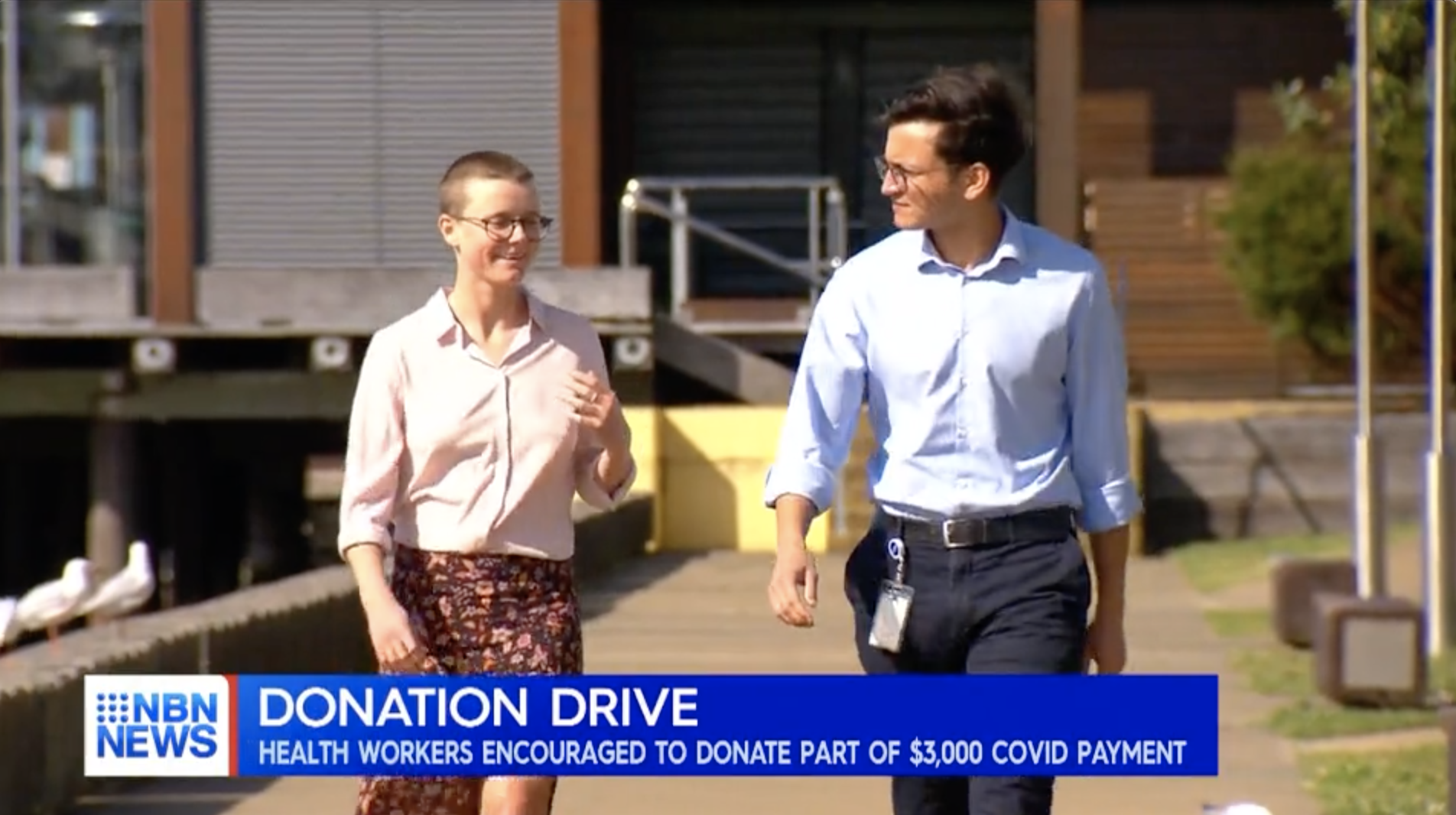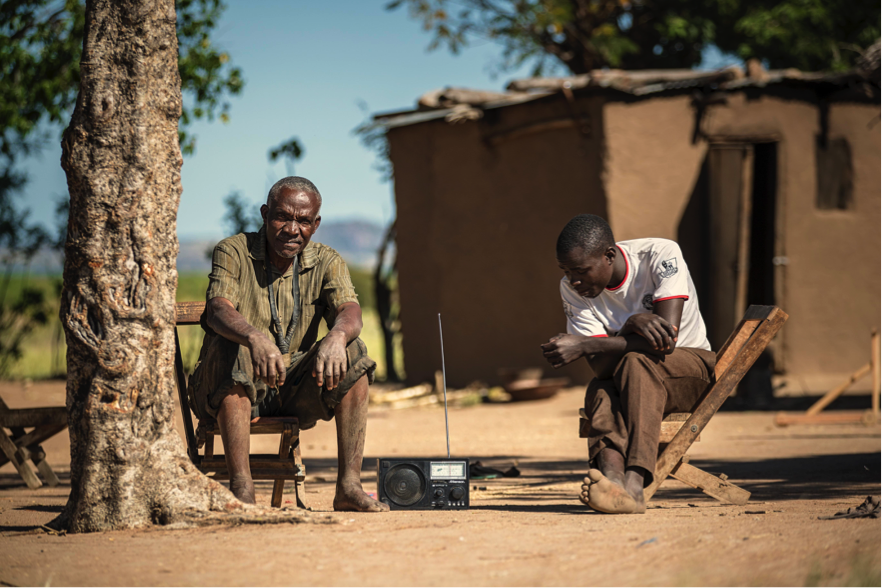By Dr. Elina Christian
Starting yet another fundraising campaign seemed beyond the scope of our startup group, but this opportunity was too good to miss.
The $3000 one-off payment to full-time health staff started to be distributed in August. A gesture of goodwill from the state governments of NSW and Victoria, it is intended as a thank-you for the work outputted during the challenges of the pandemic (also perhaps as a response to the calls for increased wages from unions).
Just one month prior, as a group of three junior doctors in Newcastle, we launched High Impact Medicine Australia. Fitting into a network of “HI-Med” groups in the UK and Germany, we are a platform to encourage doctors to consider professional pathways that will enable them to do the most good with their careers and training.
How do these two events relate?
We thought about what we (Bal, Ben and Ellie) were going to do with this bonus. We recognise our fortunate financial circumstance, in the context of an income that comfortably enables us to have all our needs met, and do not suppose that everyone receiving the payment is necessarily in the same position. This was extra money for us, and I think I speak for all of us when I say we would have more satisfaction in spending this on improving health for those less fortunate, rather than on car registration or a new bike.
We figured people working in health particularly care about the right to healthcare as one of the basic human rights. A partnership with Australian moral philosopher Peter Singer’s organisation, The Life You Can Save, seemed ideal for health-focussed, evidence-based charitable giving.
For instance, if $300 (or 10%) of a single person’s payment was directed towards one of The Life You Can Save’s top charities, one could:
- Help provide safe drinking water to 130 people for one year through Evidence Action’s Dispensers for Safe Water program.
- Purchase 100 bednets through Against Malaria Foundation to protect families living in malaria-stricken areas from infected mosquitos.
- Provide supplements to protect 176 children from blindness through Helen Keller International.
- Provide 58 people one year of access to essential medicines, information and treatment services by a trained community health worker through Living Goods.
- Support 20 women in initiating the use of modern contraception, or
- Provide 130 people with food-based micronutrient fortification for one year
We decided to maximise this impact by donating all $3000 of our bonus payments. Then we thought that donating some of the payments to great charities might be something that some of our colleagues and friends would be interested in doing too.
All the stress and hard work of the past years in working in healthcare through this extraordinary time might feel better if it didn’t often feel like the care being given today was more rushed and less effective than pre-pandemic. We wanted to give people an opportunity to contribute to a direct impact on a larger scale, alongside the daily wins that come from working directly with patients on an individual basis.
With the kind support of Amy and Matt Doran, supporters of The Life You Can Save Australia, any donations up to $50,000 will be matched. This is not your average charity. It is a free evaluator which allows you to navigate the numerous charities that exist, and compare what impact they have.
Every recipient in The Life You Can Save’s All Charities Fund has a proven track record of cost effective interventions that work, and based on rigourous impact evaluation trials
We are taught in medical school to triage and prioritise medical conditions, jobs and time. We are taught to appraise evidence and follow through with appropriate, proven treatments. Indeed, we are taught to consider the socio-economic determinants of health and how to address them in our care.
It makes sense to follow these principles in our charitable giving, too.



